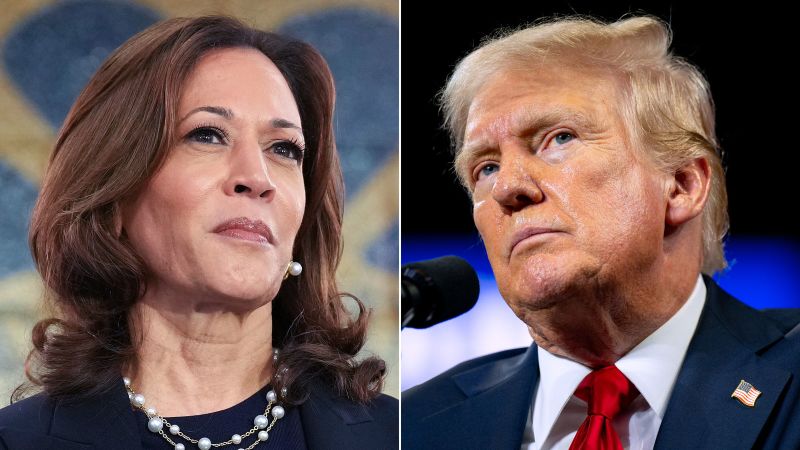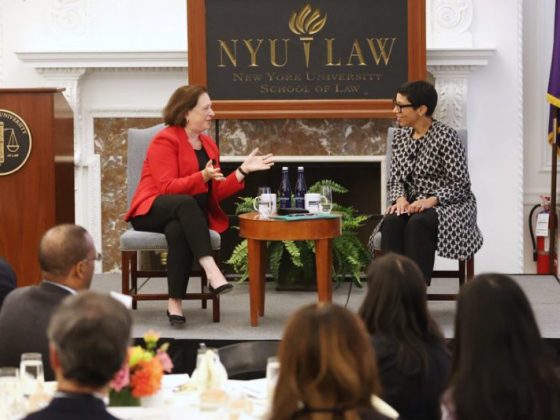Ahead of a key US presidential debate this week, families of several American hostages held in Gaza are calling on US presidential candidates Donald Trump and Kamala Harris to offer new ideas for securing the immediate release of their loved ones.
“Enough is enough,” said Adi Alexander, whose 20-year-old son Edan was serving in the Israeli military when he was abducted by Hamas on October 7.
“Perhaps the deal proposed by President (Joe) Biden back in December was good then, but maybe we need something different now,” he added.
“I would challenge the candidates and ask them, you know, how to get our kids back,” said Ruby Chen, another US-Israeli citizen whose 19-year-old son, Itay, was killed during the attacks last year. His body is still being held by Hamas in Gaza.
“Our children may be not as famous as a basketball player, but you know, from our perspective, the creativity they have shown has to come back again here in our case, and to do everything possible, everything within their means – whether it’s putting more pressure, whether it’s finding creative ways to bring our kids back home.”
There is even support among the relatives of the US hostages for Washington to apply greater pressure on Israel, whose veteran prime minister, Benjamin Netanyahu, is accused by critics of thwarting US-led hostage negotiations to appease hardliners in his fragile coalition.
The relatives said they would now support moves to curb US diplomatic, financial and military aid to Israel as a way of pushing Netanyahu toward a deal.
“But we are urging our leaders to take brave action and to put politics aside. We are not playing here. This is a real life-and-death situation,” he added.
Over 100 hostages remain in Gaza today, as living conditions in the Palestinian enclave crumble under Israeli forces’ months-long siege. Freed hostages have described suffering from frequent shortages of food and water in Gaza, and some have also reported physical and mental abuse by their captors.
The recovery earlier this month of six murdered hostages’ bodies prompted mass protests in Israel, with demonstrators demanding Netanyahu’s government strike a deal to free those who remained in captivity. Many wondered if the nationwide outrage might be enough to force his hand.
Instead, a defiant Netanyahu has doubled down on his strategy in the strip, stressing his commitment to fighting until Hamas is defeated and repeating his refusal to withdraw soldiers from the border between Gaza and Egypt – a significant new sticking point in talks to reach a deal.


